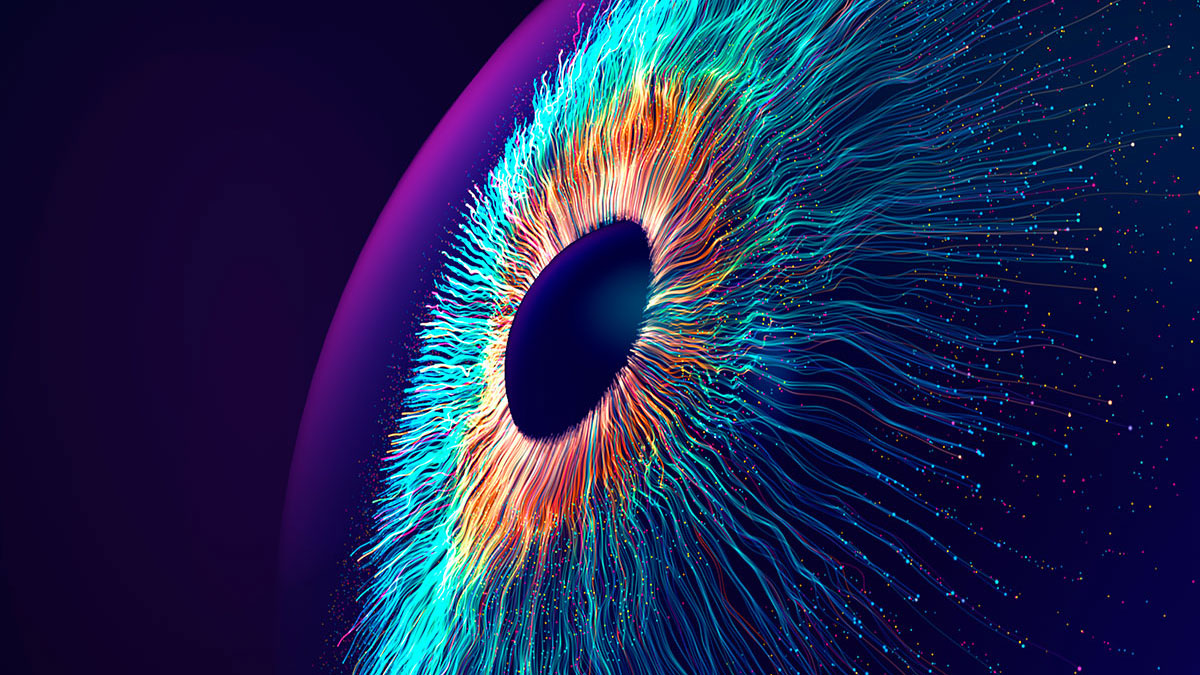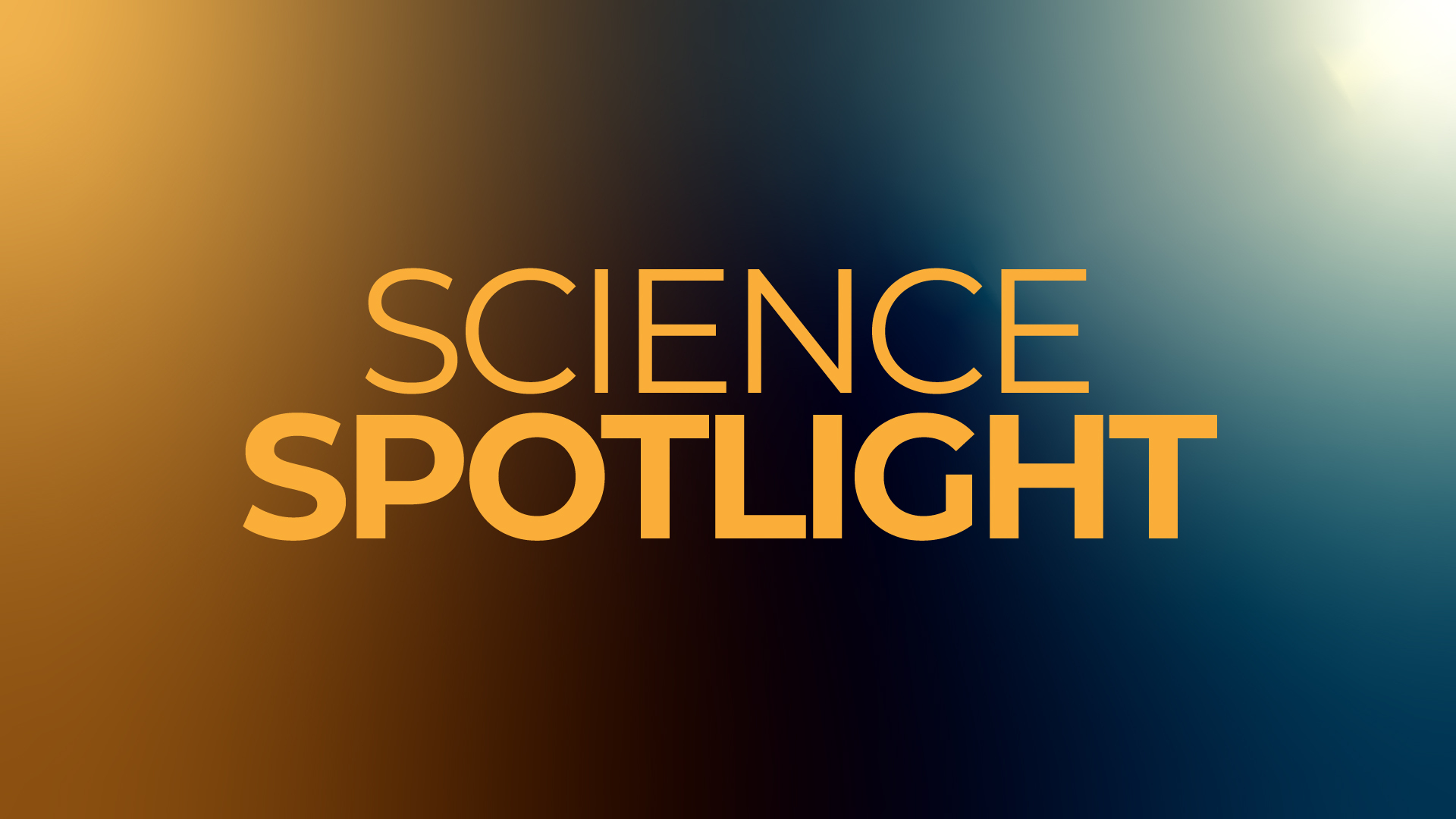Science News: Recent scientific discoveries and expert analysis
Read the latest science news and recent scientific discoveries on Live Science, where we've been reporting on groundbreaking advances for over 20 years. Our expert editors, writers and contributors are ready to guide you through today's most important breakthroughs in science with expert analysis, in-depth explainers and interesting articles, covering everything from space, technology, health, animals, planet Earth, and much more.

Explainers | Everything you need to know about the science news that matters.

Science Spotlight | Shining a light on new science transforming our world.
Latest news

We may finally know how to make a stable Dyson sphere
By Paul Sutter published
Is it possible to build a Dyson sphere that isn't catastrophically unstable? New research says yes, but only in one type of star system.

It's time to clean up space junk before orbits become 'unusable,' according to new ESA report
By Damien Pine published
A new report released April 1 by the European Space Agency sheds light on space pollution surrounding our planet — how bad the problem is, and what we need to do to keep Earth orbits clean enough to use.

Record-breaking 'dead' galaxy discovered by JWST lived fast and died young in the early universe
By Robert Lea published
The most distant and earliest "dead" massive galaxy ever seen shows some galaxies lived fast and died young shortly after the Big Bang.

'Major' ancient Egyptian town discovered — and it has a jug stamped with the name of Nefertiti's daughter
By Owen Jarus published
A settlement dating back around 3,400 years has been discovered near the Mediterranean Sea in Egypt.

Largest-ever brain 'connectome' built by having a mouse watch 'The Matrix' and 'Star Wars'
By Kamal Nahas published
Using advanced microscopes that capture brain cell anatomy and activity, a portion of a mouse's brain was mapped and rendered into a 3D atlas that creates new possibilities for neuroscience.

Archaeologists may have discovered the birthplace of Alexander the Great's grandmother
By Owen Jarus published
Remains of what may be the ancient capital city of the Kingdom of Lyncestis have been found in North Macedonia.

Elusive neutrinos' mass just got halved — and it could mean physicists are close to solving a major cosmic mystery
By Ben Turner published
Physicists have set a new upper limit on the mass of neutrinos. And the finding could poke a big hole in the Standard Model of particle physics.

La Niña finished after just a few months
By Patrick Pester published
The La Niña weather pattern ended last month as Pacific Ocean temperatures rose and the El Niño Southern Oscillation cycle entered a neutral state, according to the NOAA.

What are mRNA vaccines, and how do they work?
By Marilyn Perkins published
mRNA vaccines train the immune system in a similar way to traditional vaccines, but they use a different strategy to get there.

'Unusual' wooly mammoth tooth oldest ever found in North America
By Patrick Pester published
Scientists have unveiled the oldest woolly mammoth specimen ever discovered in North America as part of a major DNA study spanning a million years of mammoth evolution.

US company to use giant spinning cannon to blast hundreds of pancake-like 'microsatellites' into space
By Harry Baker published
Rocket start-up SpinLaunch wants to catapult hundreds of flattened "microsatellites" into space at once, using a cannon-like machine that accelerates objects by spinning them. The first orbital demonstration is scheduled for next year.

New urinal designs could prevent up to 265,000 gallons of urine from spilling onto the floor each day
By Jess Thomson published
Researchers have invented two new urinal designs that could significantly reduce the amount of urine splashback, keeping public restrooms cleaner.

Killer Australian fungus can gobble up widespread, pesticide-resistant armyworm from the inside
By Olivia Ferrari published
Fall armyworms have spread throughout the world, destroying crops and evolving insecticide resistance. New research in Australia suggests fungi that attack the worms could be a promising pest control method.

Extremely rare Denisovan jawbone confirms human cousins spread across Asia
By Kristina Killgrove published
Researchers have determined that a mysterious jawbone discovered on the seafloor off the coast of Taiwan was Denisovan, proving that the archaic humans were distributed widely over Asia.

'Incredible and rare' sight as endangered whale attacked by 60 orcas in brutal hunt
By Jess Thomson published
A massive gang of over 60 orcas was seen brutalizing an endangered pygmy blue whale off the coast of Western Australia by a whalewatching tour.

Mercury is weird because of a 'hit-and-run' incident in its youth
By Sharmila Kuthunur published
"What surprised us, at the end, was how effective this type of impact could be in explaining Mercury's unusual structure without needing to consider multiple collisions or extremely rare conditions."

Why is this giant desert turning green? Scientists may finally know the answer.
By Olivia Ferrari published
Many deserts face worsening droughts, but India's Thar Desert has become 38% greener in the past 20 years due to increased rainfall and expanding agriculture in the region, according to a new study.

Strange altar found at Tikal wasn't made by the Maya — and it has at least 4 people buried inside it
By Skyler Ware published
A recently unearthed altar in Tikal holds the burial of a child and adult, but it wasn't built by the Maya. Instead, it appears foreigners from Teotihuacan built it.

'It was amazing': Scientists discover ash from 2 mystery volcanic eruptions in Wyoming
By Sascha Pare published
Scientists have found previously undocumented ash deposits buried beneath the Lava Creek Tuff in Wyoming — and at least one of them could be from an unknown volcanic eruption, they say.

Astronomers are shocked to find our galaxy's nearest neighbor is being torn to shreds
By Ben Turner published
An analysis of star movements from the Gaia spacecraft reveals that the Small Magellanic Cloud — a satellite galaxy bound to the Milky Way — is being torn apart by its larger neighbor.
Sign up for the Live Science daily newsletter now
Get the world’s most fascinating discoveries delivered straight to your inbox.

